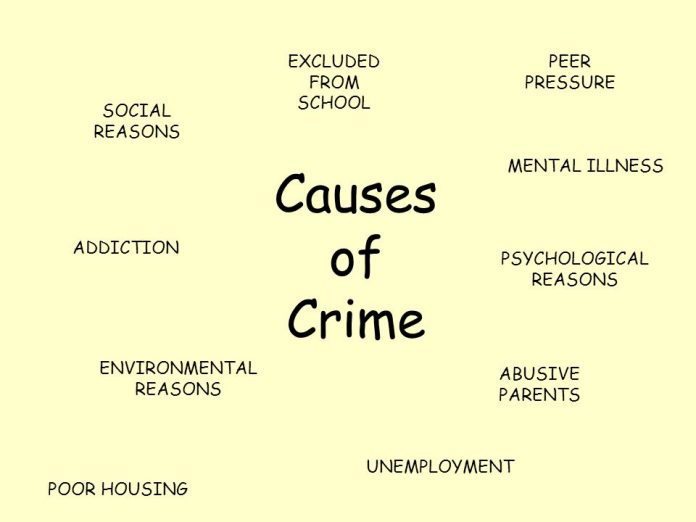Youth crime in the normally staid town of Bournemouth on the South-West Coast has been drastically increasing. Gerry Gilbert investigates why
Rising numbers of anti-social incidents by young people in the town of Bournemouth have been linked to the closure of local youth centres by Bournemouth Borough Council
A senior youth worker has claimed that rising youth crime in the area is a direct result of the council closing 9 out of 10 youth centres in the last three years.
Angela Reece head of youth services in Bournemouth said: “Young people need positive role models, safe places to go, diversionary activities and advice and guidance”
She went on to say that there is less available and that we will see an increase in anti-social behaviour because of these closures.
Statistics form Dorset police seem to back up the claim. They show a massive rise in anti-social behaviour by young people in the last three years its pinnacle being 2,617 reported incidences in August 2016 nearly double that of April 2015 when 1857 cases were reported.
As recently as March 2018 there were 2021 incidents recorded.
Bournemouth Borough council deny the closures but admitted that at least one, the Littledown youth club was replaced with a centre for the disabled.
Youth crime has been a subject closely examined by criminologists and evidence collected shows that that lack of care and successive Government’s insistence on increased punitive measures have increased the crime rate.
Also, Government cuts to funding in recent years are said to have hugely contributed.
Studies have shown that deprivation is a key factor linked to anti social behaviour. However, pressure from popular opinion for Governments to react to such phenomena as rising street crime and rioting have created a moral panic and subsequent backlash.
Popular opinion thought to be reinforced by the tabloid press has shown to be extremely negative to wards young people.
One study in 2004 showed that 4/5ths of participants believed that the youth of today are less respectful than they were 20 years ago.
What was not considered were the findings that high numbers of youths suffered abuse themselves such as bullying and violence from adults.
One popular belief is that the criminal justice system is too soft on crime, yet evidence shows since 1969 it has been getting tougher resulting in increased crime rates and more marginalisation of young people.
An anonymous member of the clergy agreed with Angela Reece and had this to say: “Most young offenders grow out of crime as they become more mature and responsible. They need encouragement and help to become law abiding.
He added: “Even a short period of custody is quite likely to confirm them as criminals particularly as they acquire new criminal skills from the more sophisticated offenders. The see themselves labelled as criminals and behave accordingly.”
Opponents of the punitive system all agree on a need for full scale discussion, but this has been drowned out by political rhetoric.
After the 2011 London riots the then prime minister, David Cameron said the behaviour was ‘criminality pure and simple’ hindering the need for understanding and analysis.
Other voices were drowned out such as that of the Archbishop of Canterbury, Rowan Douglas Williams who said at the time that these young people were marginalised and actually wanted to belong.
Locally Bournemouth Borough council seemed to have washed their hands of the problem and now the care of young people has been handed over to voluntary and community groups. One such organisation, St Clements Church refused to comment on the matter.
Also, Richard Newland a project leader for a charity-based youth centre in the town refused to comment but wrote in a statement: We invest in the positive development of young people, creating opportunities to learn new skills,
He went on the state that it is a supportive environment to help them succeed.
A member of the public linked to the centre admitted that demand is increasing and believed that if the clients were not being helped by the charity they would either end up in prison, on the streets, psychiatric hospitals or live at home with parents who don’t know what to do with them.
However, community interventions have come under fire from the Commission for Human Rights. A spokesperson said: “I question the appropriateness of empowering local residents to take such matters into their own hands.”







